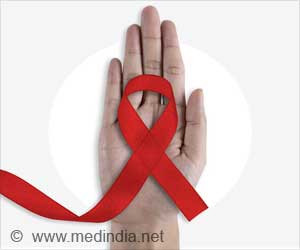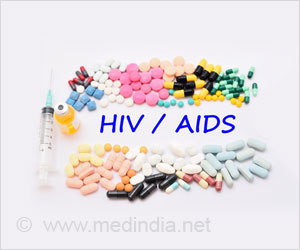The UN AIDS chief said Tuesday that the global fight against the disease has made progress but voiced concern over rising cases in parts of the world, including Russia and Eastern Europe.
While the fight against AIDS is progressing nicely, there are some areas like Russia and Eastern Europe that are causing concern, the UNAIDS chief has said.
"The overall finding of the report is that we've made enormous progress, that there are real results," Peter Piot, executive director of UNAIDS, told a press conference as he released the agency's 2008 report."We have achieved more in the fight against AIDS in the last two years than in the preceding 20 years," he added.
However, the report cautions that the epidemic is not over in any part of the world and Piot said there were still five new infections for every two people who were put on treatment.
The report points out that rates of new HIV infections are rising in many countries such as China, Indonesia, Kenya, Mozambique, Papua New Guinea, Russia, Ukraine and Vietnam.
"I'm still very pessimistic about what is going on in Russia and Eastern Europe," Piot said. "That's the region of the world where there's the least progress."
In 2007, an estimated 1.5 million people in Eastern Europe and Central Asia were living with HIV, more than double the figure in 2001 when an estimated 650,000 people were HIV-positive, the UNAIDS report said.
Advertisement
Piot said that the number one problem in Russia was injecting drug use but added that he was concerned that methadone was still illegal there.
Advertisement
Launching what he called "undoubtedly the most positive report" that the organization had issued, Piot said there had been unprecedented leadership in the fight against AIDS over the last two years, with a substantial increase in HIV treatment and prevention.
According to the 2008 'Report on the global AIDS epidemic,' the number of new infections has declined in several countries, such as Rwanda and Zimbabwe, due to changes in sexual behavior.
Among young people, condom use is increasing, they are waiting longer to have sexual intercourse and report having fewer sexual partners.
From 2005 to 2007, the percentage of HIV-positive pregnant women receiving antiretroviral drugs to prevent transmission of the virus to their children increased from 14 percent to 33 percent, while the number of new infections among children declined from 410,000 to 370,000.
Source-AFP
RAS/S















